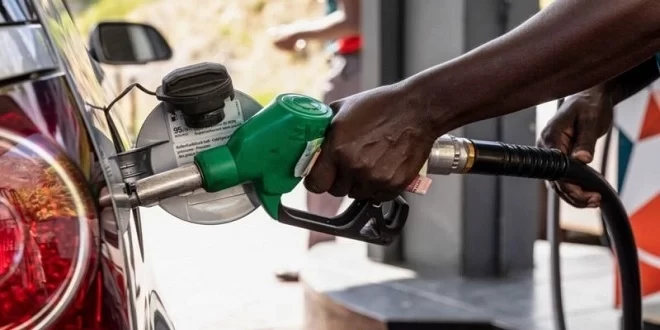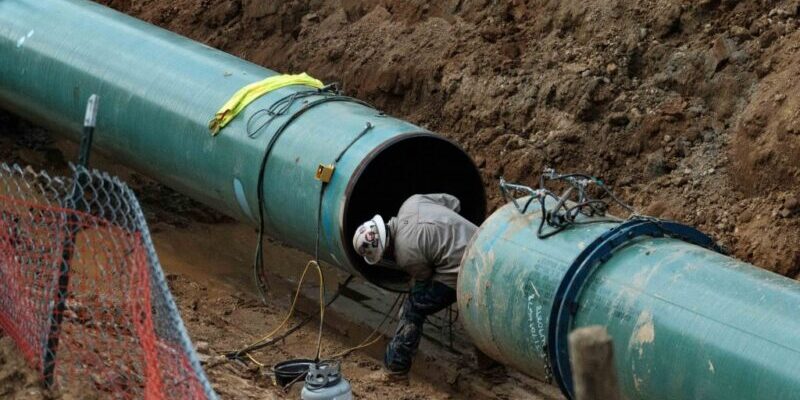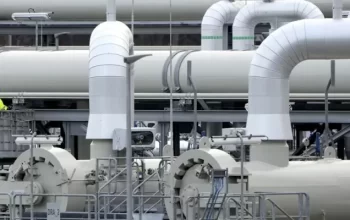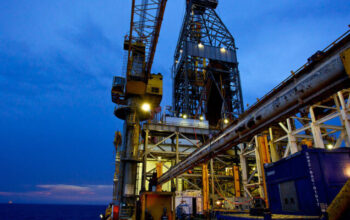The government may slow down the removal of fuel subsidies to avoid a repeat of the dissatisfaction witnessed in June, when gasoline prices nearly doubled, said the Finance Minister on Monday in Marrakech, Morocco, where she arrived on Saturday to participate in the annual joint meetings of the International Monetary Fund (IMF) and the World Bank.
No decision has been made yet in the ongoing discussions about the 2025 deadline for the gradual elimination of subsidies, stated Vera Daves, as quoted by the Reuters agency. She noted that the government is “learning lessons from the initial movement when society reacted with apprehension” to the fuel price increase.
The agency reports that African governments, pressured by rising debt costs and high pump prices, are attempting to dismantle costly subsidies, but these measures are proving unpopular and have sparked dissatisfaction in countries such as Senegal and Nigeria.
Angola spent 1.9 trillion kwanzas (2.3 billion dollars) on fuel subsidies in 2022, more than 40 percent higher than what the IMF estimated for social program expenses.
Economic growth is expected to be limited to 1.09 percent this year, lower than the initial forecast of 3.3 percent in the 2023 budget due to reduced oil production, indicating that the oil sector is contracting.
The 2023 budget was prepared based on a projection of oil production of 1.1 million barrels per day but is averaging between 1.00 and 1.1 million barrels, she added, noting that the estimate for the 2024 budget could be even lower than the current one.
Country avoids debt in the capital markets
Stabilizing oil production will help Angola’s debt position, according to Vera Daves, who indicated that about 20 percent of the debt is guaranteed by oil, including 80 percent of the debt with Chinese creditors, which represents about one-third of the total debt.
According to the Finance Minister, there are no plans to explore international capital markets at the moment, even though most Angolan bonds in dollars yield more than 13 percent.
“More comfortable would be something around 5.00 to 6.00 percent, but we know we are far from that,” she said. The privatization of the state-owned oil company Sonangol has been postponed due to ongoing legal proceedings related to corruption, which aim to recover assets, according to Vera Daves, who announced the goal of selling less than half of the company’s capital by 2025.
Delegation with a busy agenda
Information obtained on Monday from the Ministry of Finance points to the Finance Minister’s intense activities in Marrakech, including meetings with top officials from the two international financial institutions, notably the one held with the Vice President for Operations of the World Bank Group, Victoria Kwakwa.
The other two meetings were held with the Director of the IMF’s African Department, Abede Selassie, and the Executive Director of the African Group Constituency at the World Bank, Willie Nakunyada, according to the Institutional Communication and Image Office (GCII) of the Ministry of Finance.
The source stated that the meeting with the Vice President for Operations discussed aspects such as the start of preparations for the Country Partnership Strategy, a document governing the World Bank’s operations with Angola “in line with the priorities and timeframe of the National Development Program (NDP) 2023-2027, recently approved by the government.”
They also outlined the work on the process of classifying Angola as a country financed by the International Development Association (IDA) within the portfolio of projects supported by the World Bank, as well as discussed the prospects for the financial envelope to be made available by the institution in fiscal year 2024.
![]()




